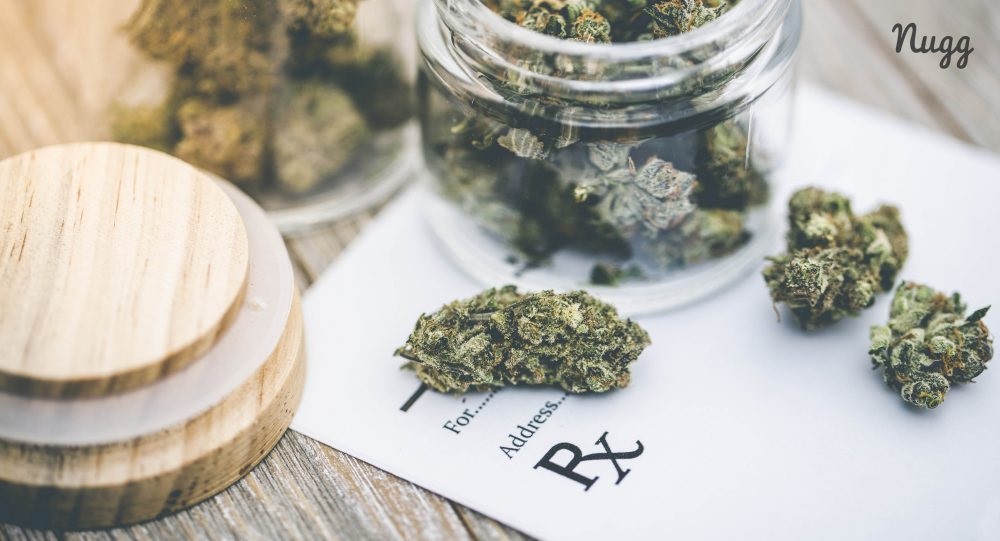
Tinnitus is a medical condition characterized by hearing ringing, humming, buzzing, or hissing sounds, even when no external sound is present. It is a condition that can come and go or last persistently. Tinnitus is a common condition. An estimated 50 million Americans experience tinnitus, with 12 million reporting constant tinnitus symptoms.
What Causes Tinnitus?
Tinnitus can be a recurring issue for some and persistent for others. Symptoms can be mild or severely impact a person's quality of life. Tinnitus can be the result of a wide range of issues. Some include:
- Age – people over 65 tend to experience it more often
- Loud noises or bangs
- Medications
- Excessive ear wax
- Allergies
- Foreign objects in the ear
Some people experience tinnitus with no apparent cause.
Tinnitus Signs & Symptoms
Tinnitus typically refers to when you hear noises in your ear when no external sounds are coming in. If you are experiencing tinnitus, you may hear the following sounds in your ear:
- Ringing
- Humming
- Buzzing
- Hissing
- Whistling
- Roaring
- Sizzling
Sometimes tinnitus can be a symptom of a wide range of other ailments such as:
- Meniere's disease
- Temporomandibular joint disorders (TMJ)
- Head or neck injuries
- Ear Infections
- Tumors
- Chronic or autoimmune disorders.
There are four types of tinnitus:
- Subjective Tinnitus – Only you can hear it. This is the most common tinnitus experienced by people.
- Objective Tinnitus – Caused by conditions that affect the mechanical structures of the ear.
- Pulsatile Tinnitus– This is a rhythmic noise that matches the heart rate, often sounding like a whooshing noise, and is related to the blood vessels.
- Neurological Tinnitus– Brain disorders, like Meniere's disease, cause this.
Can Cannabis Help Alleviate Tinnitus Symptoms?

The research on whether or not cannabis alleviates tinnitus is minimal.
A recent review of studies done on animals and humans found conflicting evidence. Researchers found that although cannabinoids "likely have a role in modulating auditory signaling" in animals, more clinical research on humans is needed before coming to conclusions.1 However, other animal studies have indicated that cannabinoids like THC may increase tinnitus symptoms. The study concluded that this is even more likely to be true if preexisting hearing issues exist.2
A report published in 2023 found that out of 10 patients using cannabis, eight found it helpful in relieving symptoms of tinnitus. However, it also identifies the inconsistencies in prior human clinical trials for cannabis and tinnitus.3
Further research is needed to determine whether or not cannabis can be a treatment for tinnitus.
Legality and Doctor's Recommendation
To determine if your state considers tinnitus to be a qualifying condition for medical marijuana, check out our Laws & Regulations section for the medical cannabis rules for your state.
If you find that your state recognizes tinnitus as a qualifying medical condition, you can seek a doctor's recommendation to register for your state's medical marijuana program.
How NuggMD Can Help

NuggMD is the nation's leading medical marijuana technology platform, serving patients in 23 states and growing. We've connected over 1,000,000 patients with their new medical marijuana doctors face-to-face via our state-of-the-art telemedicine platform.
We believe that every human being has the right to explore the benefits of medical cannabis and are fully committed to helping each patient explore all of their options in their journey to wellness. For further information on whether you qualify for medical cannabis, select your state.
Resources
- Narwani V, Bourdillon A, Nalamada K, Manes RP, Hildrew DM. Does cannabis alleviate tinnitus? A review of the current literature. Laryngoscope Investigative Otolaryngology. 2020;5(6):1147-1155. doi:https://doi.org/10.1002/lio2.479
↩︎ - Zheng Y, Reid P, Smith PF. Cannabinoid CB1 Receptor Agonists Do Not Decrease, but may Increase Acoustic Trauma-Induced Tinnitus in Rats. Front Neurol. 2015;6:60. Published 2015 Mar 18. doi:10.3389/fneur.2015.00060 ↩︎
- Mavedatnia D, Levin M, Lee JW, Hamour AF, Dizon K, Le T. Cannabis use amongst tinnitus patients: consumption patterns and attitudes. Journal of Otolaryngology - Head & Neck Surgery. 2023;52(1). doi:https://doi.org/10.1186/s40463-022-00603-8 ↩︎
The information in this article and any included images or charts are for educational purposes only. This information is neither a substitute for, nor does it replace, professional legal advice or medical advice, diagnosis, or treatment. If you have any concerns or questions about laws, regulations, or your health, you should always consult with an attorney, physician or other licensed professional.

